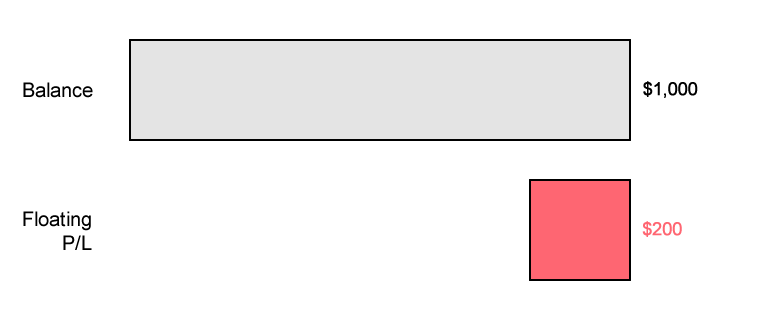Floating profit and loss and realized profit and loss are two commonly used concepts in forex or stock trading. Floating profit and loss refers to the difference between the contract value of the open position of the current position and the cost of opening the position, that is, the impact of the current market price on the existing position. Realizing profit or loss refers to the amount of profit or loss from completed transactions.
The relationship between floating profit and loss and realized profit and loss is that when a position is in a floating profit state, its floating profit amount is the unrealized profit of the position. Only when the position is closed and settled will unrealized profits become realized profits. On the contrary, if the position is in a floating loss state, its floating loss amount is the unrealized loss of the position. Only when the position is closed and settled will unrealized losses become realized losses.

There are the following differences between floating profit and loss and realized profit and loss:
1. Floating profit and loss refers to the difference between the contract value of the open position of the current position and the cost of opening the position, that is, the impact of the current market price on the existing position. Realizing profit or loss refers to the amount of profit or loss from completed transactions.
2. Floating profit and loss is a temporary and unrealized profit and loss situation that can only be converted into realized profit and loss after the position is closed and settled. The realization of profits and losses refers to the actual and settled profits and losses that have already occurred.
3. Investors can achieve floating profits and losses by closing their positions, which means selling their current positions and obtaining corresponding realized profits or losses. The realization of profit and loss cannot be changed anymore, as the value has been settled and investors cannot change this value through trading behavior.
4. Realizing profit or loss is the true gain or loss, which represents the actual gain or loss situation of investors at a specific time point. The floating profit and loss is only a temporary and unrealized profit and loss situation, which does not represent the true income or loss of investors.
In summary, although both floating profit and loss and realized profit and loss are related to profits and losses in transactions, their nature, calculation method, and significance are very different. Investors need to understand these two concepts and pay attention to distinguishing their roles and meanings when conducting transactions. Investors should note that floating gains and losses are only temporary and unrealized gains and losses, and the true gains or losses depend on the realized gains and losses. So, when trading, investors should closely monitor their floating profit and loss situation and close their positions at the appropriate time to achieve profits or limit losses.
【 EBC Platform Risk Reminder and Disclaimer 】: There are risks in the market, and investment needs to be cautious. This article does not constitute investment advice.







